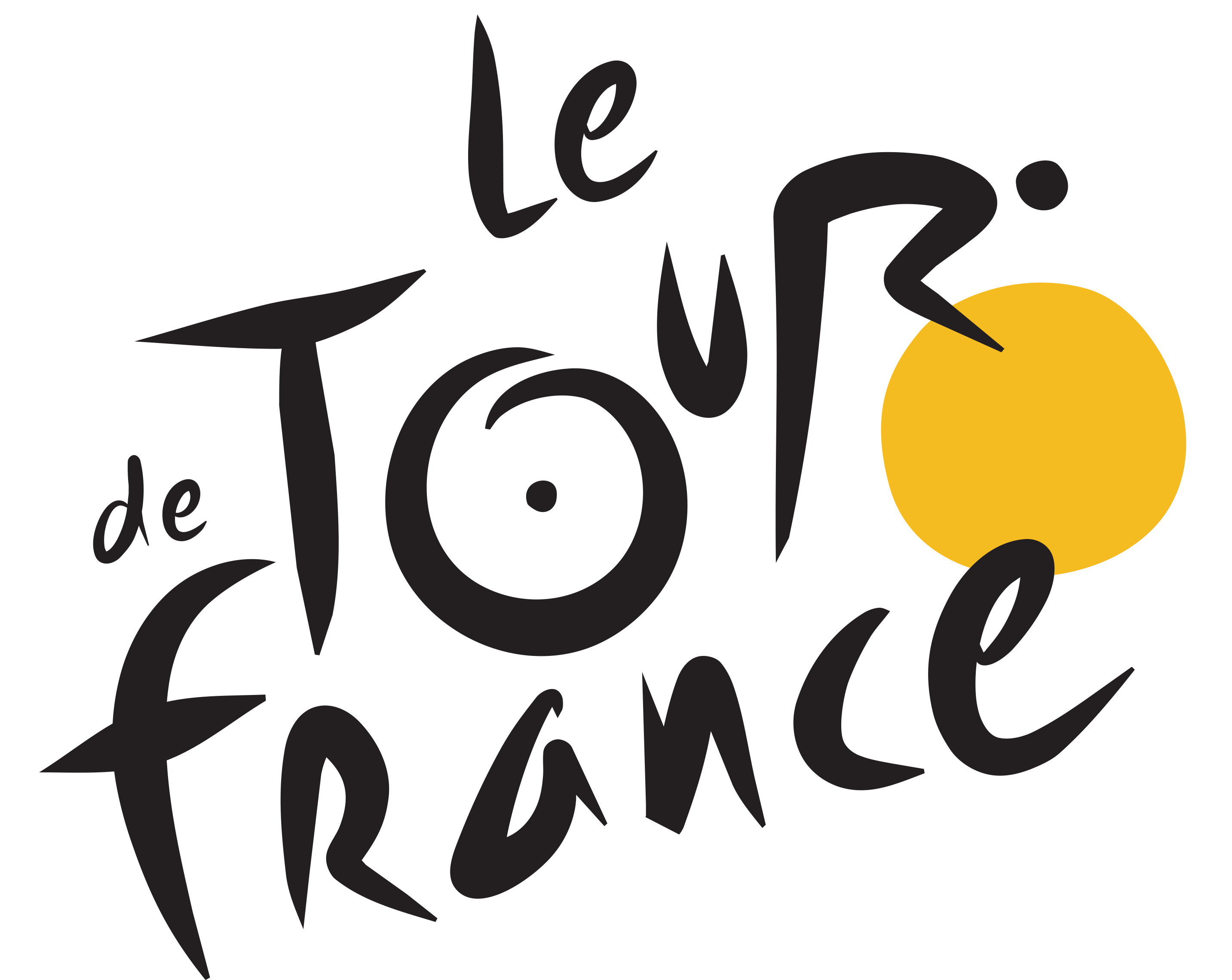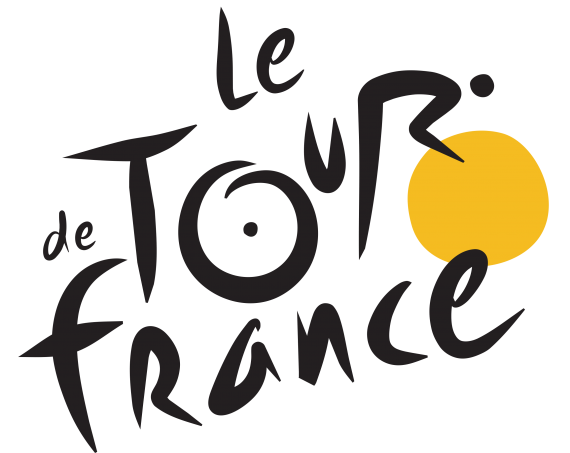
The desperation in professional cycling is increasing as commentators try to explain away the pervasive doping problems in the sport. At the onset of the 2008 Tour de France, the doping problem was characterized as a generational issue. The “old cycling” versus “new cycling” story was bolstered when 37-year old Miguel Beltran tested positive for erythropoietin (EPO). Beltran represented the old school generation that was to blame for systematic doping in the sport. The story offered hope for a clean drug-free sport with the emergence of several young, talented riders that represented “new cycling.” (“Riccò case a setback for ‘new cycling’,” July 17)
Faith in the new generation of cycling was shattered when Riccardo Ricco tested positive for EPO and the new CERA drug Mircera. How could the story of “new cycling” explain why the 24-year old leader of the best young rider competition was doping just the same as the old generation of cycling? The old generation could no longer be blamed for the scourge of doping in cycling. Cycling needed a new story!
The Scotsman was happy to provide a new story to preserve the integrity of the Tour: Blame the country of Spain for doping problems in cycling! If Spain were eliminated from world maps, the Tour de France would apparently be a very clean sport. How did the Scotsman arrive at this conclusion? (“Tour’s three doping cases to date are all linked to a country where old cultures endure,” July 18)
- Two of the four riders failing drug test and/or implicated in doping scandal during the 2008 Tour de France are, in fact, Spaniards (Miguel Beltran and Moises Duenas).
- The other two riders, while NOT from Spain, rode for a Spanish team! (Leonardo Piepoli and Riccardo Ricco ride the Spanish road racing team Saunier Duval-Scott.)
- Spain has evil dope doctors that work with professional cyclists. (Dr. Eufemiano Fuentes was the Spanish mastermind behind Operation Puerto in 2006. Plus, Dr. Jesus Losa of Spain appears to have helped Moises Duenas dope.)
- Cyclist David Millar asserts that performance enhancing drugs and doping thrive in the “wild west” of Spain. Millar makes an incendiary attack on the Spanish culture as unworthy of competing in the Tour de France (no voluntary Millar-torium here).
“They have this culture embedded in them and they honestly believe it is not possible to do these things without (doping]. It’s sad. You see that Christian (Vande Velde, Millar’s Garmin team-mate] is third overall, and he is doing it without any injections, without anything. If you can’t do it like that then you are not good enough – it’s as simple as that.”
- International Cycling Union (UCI) president Pat McQuaid has identified clandestine “cocoons” in Spain where doping is easily rationalized; professional cyclists “live in their own little world, surrounded by a small number of people belonging to the old guard; and they can be very influenced by those within that cocoon.” Notice how McQuaid masterfully interjects the “generational” story as a subplot in the “blame Spain” story.
Of course, a person would have to be incredibly naive to believe that doping in cycling is restricted to the geographical boundaries of a single country or to particular a generation.
Cycling is synonymous with doping. No fanciful stories or fairy tales will explain away doping in the Tour de France.

About the author
Millard writes about anabolic steroids and performance enhancing drugs and their use and impact in sport and society. He discusses the medical and non-medical uses of anabolic-androgenic steroids while advocating a harm reduction approach to steroid education.

Leave a Reply
You must be logged in to post a comment.